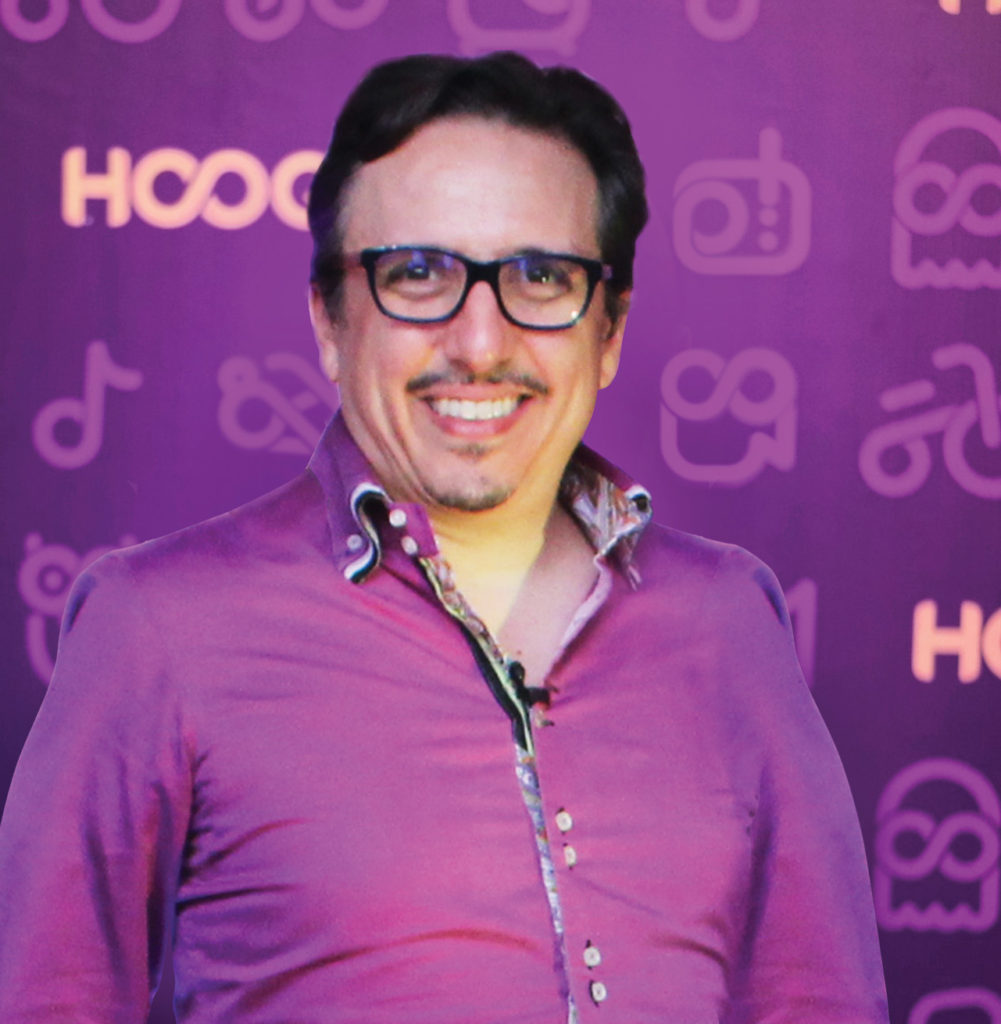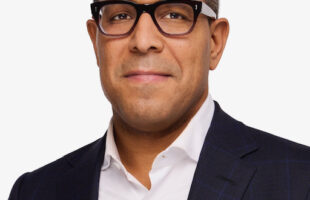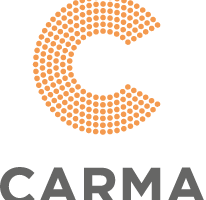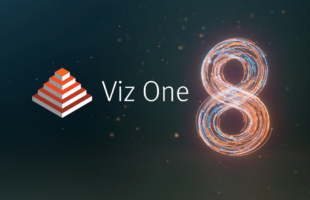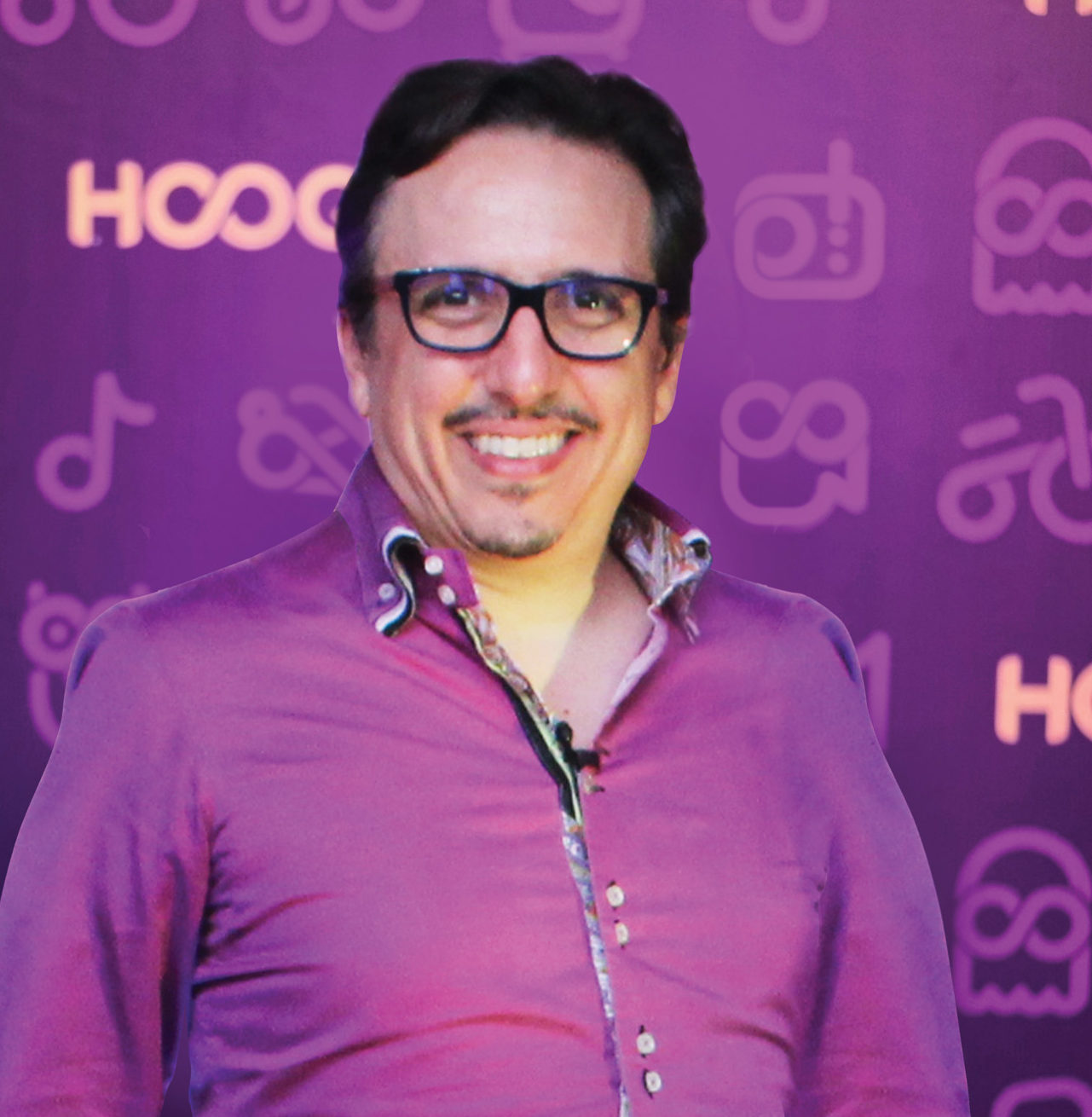
What do you think is happening to the industry?
On the biggest level, we see two worlds evolving; the AVOD (advertisingassisted) world, mainly focused on free-to-air (FTA) content that gets re-broadcast or carried online. The other is the “paid-for space”, premium content that requires subscription.
On AVOD, I think that’s where the most intense action is right now. The AVOD space is where the vertically-integrated plays have the advantage. As that space evolves and you’re not an owner of content at scale, you’re going to struggle. In the subscription space, what is necessary to win is a whole different thing. You have to know payments and more customer-focused, because at the end of the day the customer is the one paying.
I don’t think any single verticallyintegrated player himself will have all the content that customers will be willing to pay for. Hence, you get into more platforms that offer a distribution plan and that’s where we (HOOQ) fit in.
I think it’s too early to tell, but we’re positioned very well. What we’ve learned is the amount of business models required to “win” in this space is enormous, and I think most people starting out today will struggle. There’s a lot of learning that has gone on for players that have been doing it for a while.
What is the strength of HOOQ?
There are three key strengths.
First, I think it’s our content value proposition – the best of Hollywood and local. There are niche categories such as Japanese anime and more, but when it comes to a broad-based play, local and Hollywood content together is a very powerful offer. One without the other is difficult to hit a mass market. You can take some of the niche content out of the equation, but if you don’t have these two combinations, you’re not going to win the scale.
For example, we just launched in Indonesia in April. We launched with four different studios, announcing exclusive content from day one. We launched with about 2,500 hours of local Indonesian content. We have signed with thousands of locals, hours ahead of the launch.
Our content offering is quite large and focused on the best of Asia and Hollywood.
Second is our distribution strength. We’ve learned a lot about distribution and we have fantastic distribution partners in every geographical location that we operate in. Making distribution partners work at scale is very difficult. There are only so many great distribution partners to go around.
Take AIS in Thailand – there are only three operators at scale in Thailand and only two operators in the Philippines. Maybe three or four in India that really move the needle. I think our distribution strength is unique and it becomes inimitable as time goes on.
Finally, it’s all about learning and getting out there and doing it. Anybody who believes that you can take the subscription model exactly as it is in Hong Kong, Japan, Australia and North America; just won’t work here in Singapore.
We assume the subscription models will be unique to emerging markets. There is a business model that is relevant for emerging markets that is applicable in Vietnam, Indonesia, Philippines, Thailand and India, but it is not the model that is applied in North America, Europe, Australia, Japan, Korea or Hong Kong.
Of all the SVOD players out there, we have the largest local catalogue. We’ve been in the Philippines the longest and we have content from ABS-CBN, GMA, Viva, Regal and a lot of independent films on the platform as well. We also have a catch-up service from GMA. No other players in the Philippines have those deals in place.
Are there plans to produce your own content?
That’s in the cards for 2016 for HOOQ. HOOQ’s first venture into production kicks off in the Philippines with an original mini-series based on the highly-acclaimed Pinoy movie On The Job or commonly known in Philippines as OTJ. Production of the six-episode story revolving around a hard-hitting topic in Philippine society has kicked off in May. This venture into original content production is a tripartied deal we forged between Globe Telecom and Reality Entertainment who directed and produced the original film with Erik Matti.
As for genre, we’re highly focused on scripted entertainment such as drama, comedy, action, adventure, romance or even documentaries.
What was the initial revenue to set up HOOQ?
I think we started with US$26 million as our initial announcement. Since then we’ve drawn down. We have an agreed plan from our shareholders and we’ve drawn down to date, public disclosures around US$50 million. A significant part of it went to content. We have offices in Manila, Bangkok, Delhi, Mumbai, Chennai, Jakarta and Singapore. We probably have around 100 people across Asia working on HOOQ.
When do you expect HOOQ to break even?
The question is in our core markets, what our horizons are. In order to make sure we can be successful, we need to build a business model that will triumph in less than five years in our core markets. Overall, as a business, we hope to keep on investing and growing.
Our mission statement: “A million stories for a billion people” is really what we are aiming to do. We’re for the emerging market customers. In all our outreach, we have positioned ourselves for the Asian sensibility and taste with a particular bed for emerging markets. We’re out to tell a million stories to a billion people. We are very focused and believe the next four years, as part of our five-year plan to become a clear leader for content play across Asia.


